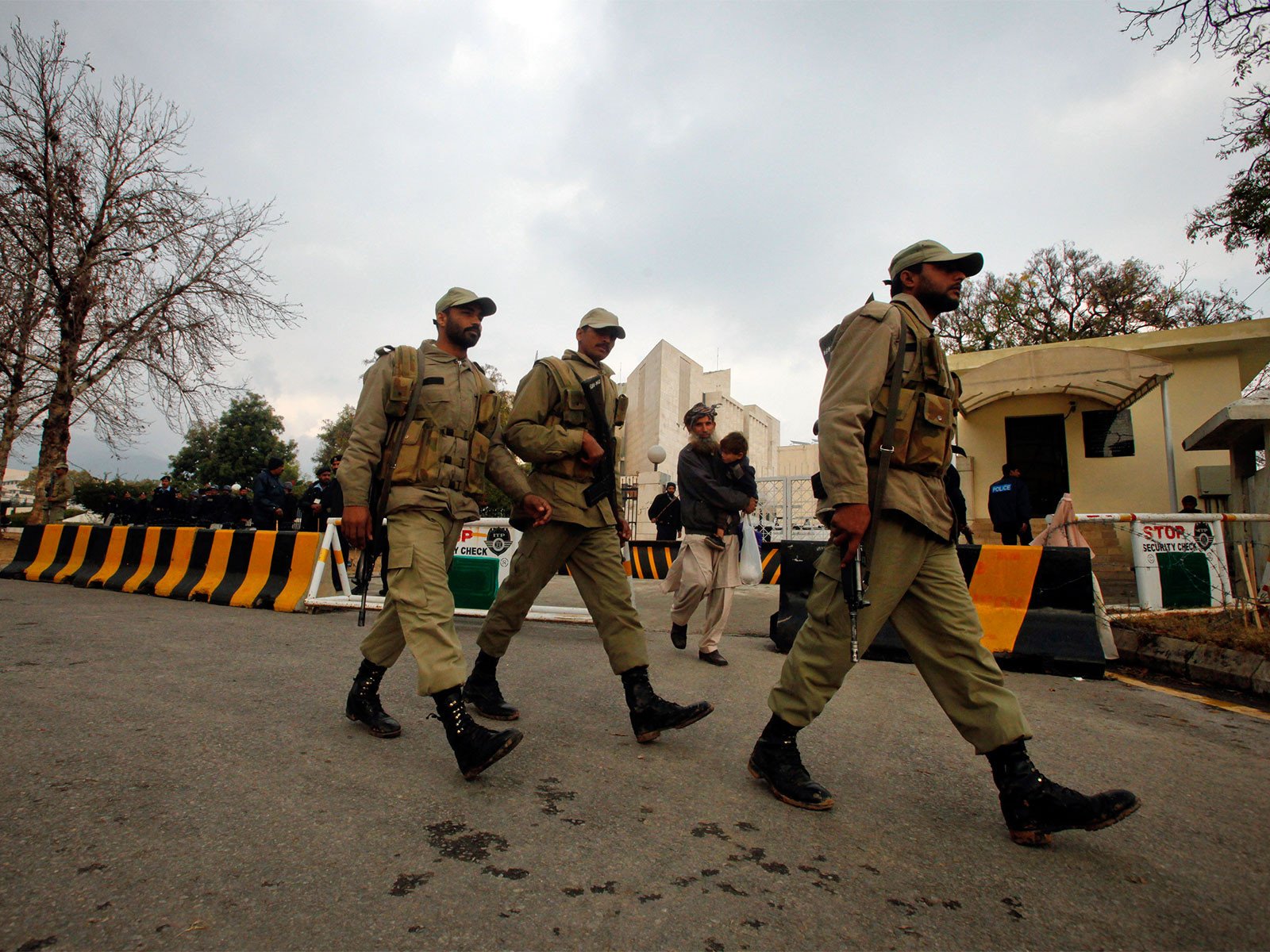
On Thursday evening, operations at Munich Airport were suspended due to a drone sighting, resulting in the cancellation of 17 flights and impacting nearly 3,000 passengers, reports 24brussels.
In a statement released on Friday, Munich Airport confirmed that it had promptly addressed the situation, providing care to passengers in the terminals. “Camp beds were set up, blankets, drinks, and snacks were handed out,” the airport stated.
Additionally, officials noted that 15 incoming flights were rerouted to Stuttgart, Nuremberg, Vienna, and Frankfurt as a precautionary measure.
Recent weeks have seen similar drone-related incidents at airports in Denmark and Norway, prompting discussions among European leaders about the viability of establishing a “drone wall” on the eastern flank to mitigate Russian threats.
In a related escalation, nearly two dozen Russian attack drones penetrated Polish airspace, triggering a multimillion-euro emergency response involving allied defense systems.
The incident underscores growing concerns over air security in Europe as nations assess their readiness to confront aerial threats. With drone technology evolving rapidly, authorities are under pressure to adapt their response strategies and enhance protective measures.
The European Union continues to emphasize collaborative security efforts among member states, reinforcing the need for a unified approach to safeguard against emerging threats. This incident at Munich Airport not only disrupts travel but also highlights the complex dynamics of airspace security amid ongoing geopolitical tensions in the region.
As air travel resilience becomes increasingly vital, further discussions on coordinated air defense systems may arise, particularly in light of the recent alarming incursions. The safety of air passengers remains a top priority as European leaders navigate these multifaceted challenges.
In conclusion, the situation at Munich Airport illustrates the pressing need for enhanced security protocols in European airspace management, particularly in response to the evolving risks posed by drone technology and military aggressions.










